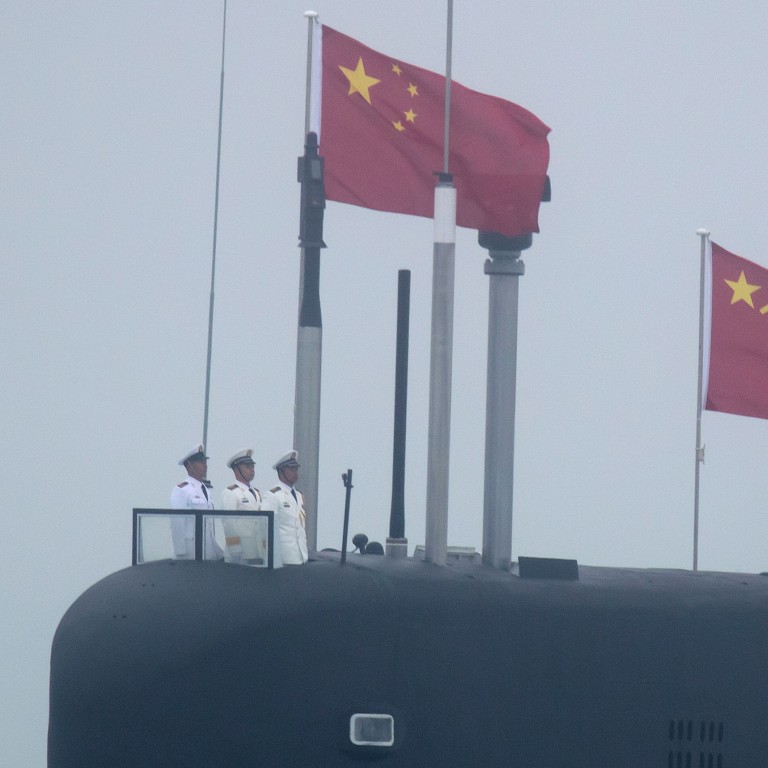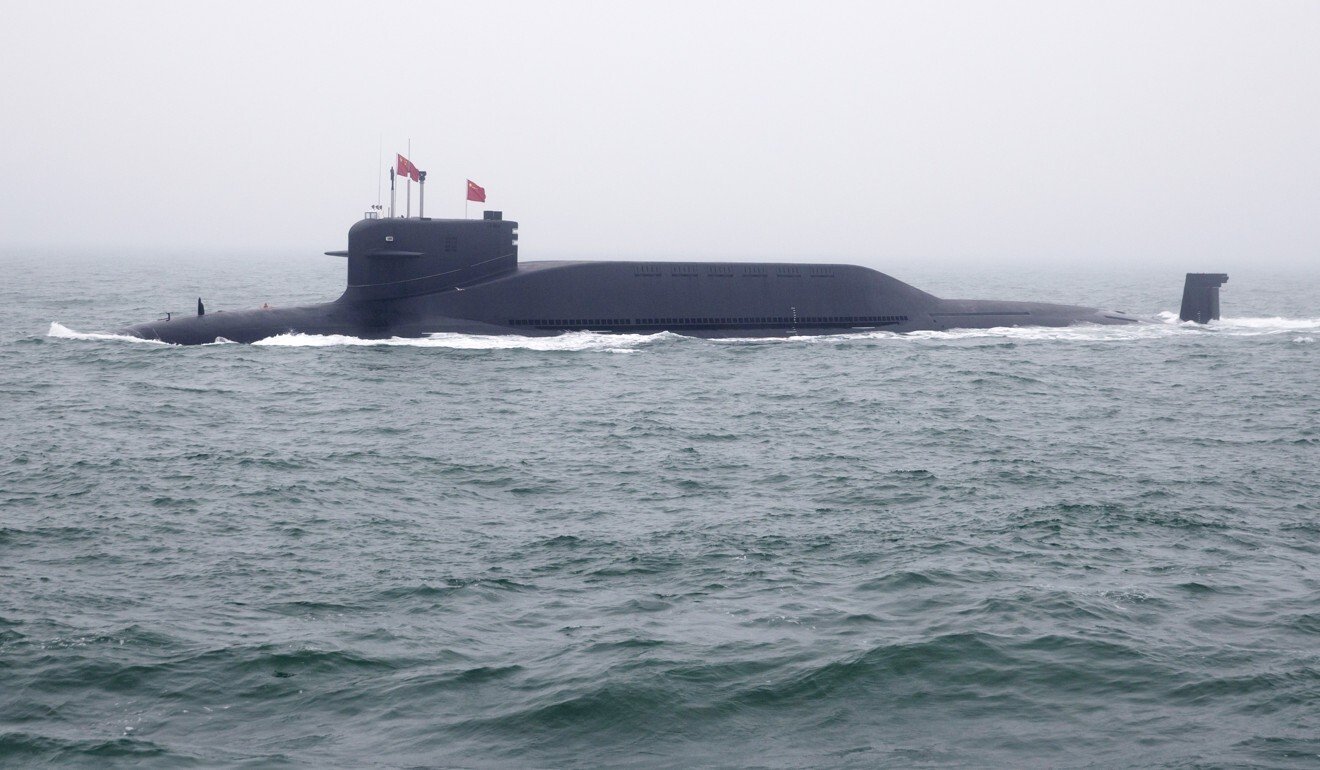
China’s military: one in five South China Sea submariners has mental health issues, study finds
- Increase in frequency of military manoeuvres and long periods of isolation possibly to blame, researchers from Naval Medical University say
- Study questioned more than 500 male servicemen working in the disputed region
The study by Naval Medical University in Shanghai of more than 500 servicemen and officers claims to be the first of its kind to highlight the psychological problems facing troops working in the disputed waterway.
Based on their answers to a self-assessment questionnaire, 21 per cent of respondents were found to be suffering from some degree of mental health problems.
The findings suggested the submariners were “at higher risk of and have more serious psychological problems”, the researchers said in a report published this month in Military Medicine, a journal produced by the Society of Federal Health Professionals in the United States.
The study said more research was needed to understand the causes of the mental health problems, but said the sea’s strategic importance to China was likely to be one of the contributing factors.
“We speculate that this may be because of, on one hand, increasing military manoeuvres in south China in recent years that can involve 60 to 90 days of submerged cruising,” the researchers said.
“On the other hand, the physically unfriendly environment means that submariners are not only living in an isolated, constantly closed environment, but they also sleep in a cabin that is exposed to excessive noise.”
US admiral calls China’s anti-ship ballistic missiles a ‘destabilising effort’ that may not win a war
On the subject of the latter, the researchers said the underwater environment might not “meet the work requirements of highly educated personnel longing for freedom and integration into society”.

Despite their findings, the researchers said the discovery that 21 per cent of submariners were experiencing mental health problems was not significantly different from a 2005 study that found 18 per cent of all male Chinese soldiers had such problems.
But the higher scores on certain symptoms and the assessment overall underlined the vulnerability of the South China Sea submariners, and provided a base for the military to promote better mental health within the group, they said.
Taiwan starts building submarine fleet amid military threats from Beijing
To reinforce its claims, Beijing has ramped up its military presence in the waterway, developing bases and staging regular sea patrols.
The US Office of Naval Intelligence said in a report published in March it expected China’s nuclear-powered attack submarine fleet to grow to 13 by 2030, from seven last year and five in 2000.

